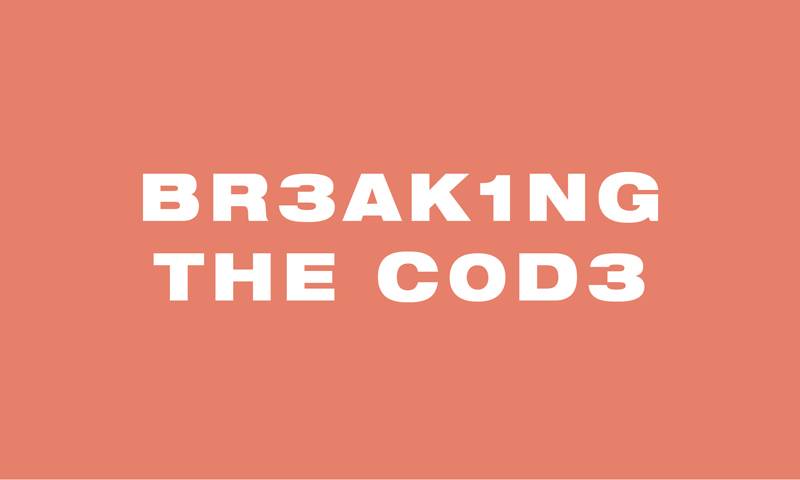A new manifesto for data and co-creation in the digital city wants to put social value at the centre of today’s smart-city rhetoric.

Essay 05: Claire McAndrew
Institute for Digital Innovation in the Built Environment
The ways in which we define and engage with digital city systems is changing. They no longer lie exclusively in the hands of architects, designers, engineers, computer scientists and urban planners; open-source tools and open-data platforms are starting to unlock collaborative opportunities for citizen participation.
Some say that making and remaking the city through distributed, participatory systems offers the possibility to re-shuffle the power of city-making. Others are more critical. For all the promise of greater accountability, new forms of democracy and participation in urban processes, they say that, in reality, it can be difficult for communities to engage.
At Base KX in July 2017, community groups, academics and digital practitioners were brought into dialogue at a panel event called “Power to the Citizen! Data and Co-Creation in the Digital City”. A collaboration between EngEx and The Bartlett’s Institute for Digital Innovation in the Built Environment, Urban Lab and CASA, and supported by the UCL Grand Challenge of Transformative Technology, the event generated ideas that we have since translated into an eponymous manifesto.
Power to the Citizen! is a manifesto for the public authoring of our cities. Its starting point is that the rhetoric we have been sold as citizens – of convenience, efficiency, predictability and connectivity – is simply not compelling enough; not when the “smartness” of cities is so often devoid of social value and empty of true public purpose. So it is up to us, in this moment, as academics, digital practitioners and citizens, to rewrite the narrative. Open-access datasets and open-source code are the tools we find at our disposal.
“There must be a way for us all to collaborate without us all going off to learn how to code in R!”
We need to act collectively, because those at the top won't necessarily grasp what is of most benefit to those at the bottom and also because data is not always neutral: there can be political agendas hidden deep within it, out of sight. Data fluency is useful, of course, but, as Sarah Bell, Director of EngEx, has asked: “There must be a way for us all to collaborate without us all going off to learn how to code in R!”
This new paradigm calls for deep-seated change. CASA’s Adam Dennett urges us to peel back the smart cities label and see digital city-making as a continued dialectic. Architecture critic and curator Lucy Bullivant suggests that the aspiration for local government ought to be adaption – treating citizens as collaborators rather than as passive spectators in a process. This resonates with what Ava Fatah gen. Schieck at The Bartlett School of Architecture describes as “the desire for more asynchronous modes of engagement, with content exchanged fluidly on an ‘as and when’ basis.” Such ‘data dialogues’ are going to be contingent on producing digital content that is predictable and regular in nature, to enable widespread sharing.
This brings us back to those who code – not just in R, but Python, QGIS, and other languages. “We need to ensure our efforts in citizen-led digital city making are complementary,” says JustMap’s Nicolas Fonty. This is true in terms of their technical foundations as well as their inherent value because, as Stephen Lorimer at the Greater London Authority has noted, “the tension in this rests somewhere between local experimentation within communities and boroughs, and scaling-up to deliver for many different groups of people, without losing value.”
We will almost certainly have to uncover new digital tools and processes in the quest to achieve this. Today’s rhetoric of the smart city will not be easily erased. But Power to the citizen! dares us to lessen its technocratic tone and flesh out new forms of digital democracy within the city. We are at the beginning of a transformative conversation.
Dr Claire McAndrew is Director of Research at the Institute for Digital Innovation in the Built Environment. @UCL_iDIBE
 Close
Close

